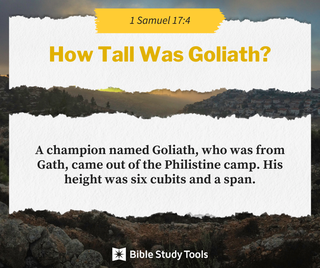
- Recent Translations
- All Translations
Sāmǔĕrjìshàng 17:35
Share
Settings
Images for Sāmǔĕrjìshàng 17:35

Sāmǔĕrjìshàng 17:35 Meaning and Commentary
And I went out after him
Whether a lion or a bear; but mention after being made of his beard, a lion rather is meant:
and smote him;
with his fist, or rather with his shepherd's staff:
and delivered [it] out of his mouth;
snatched it out from thence, or obliged him to drop it, by beating him:
and when he arose against me;
after he had let go the lamb, threatening to tear him in pieces for attempting to disturb him in his prey, and take it away from him;
I caught [him] by his beard;
such as lions have; hence a lion is often called in Homer F7 (liv heugeneiov) , the well-bearded lion. Kimchi thinks the beard with the nether jaw is meant, which David caught hold on:
and smote him, and slew him;
tore him to pieces, as Samson did, ( Judges 14:5 Judges 14:6 ) , or slew him with some weapon in his hand.
F7 Iliad. 17. ver. 109. & Iliad. 18. ver. 318.